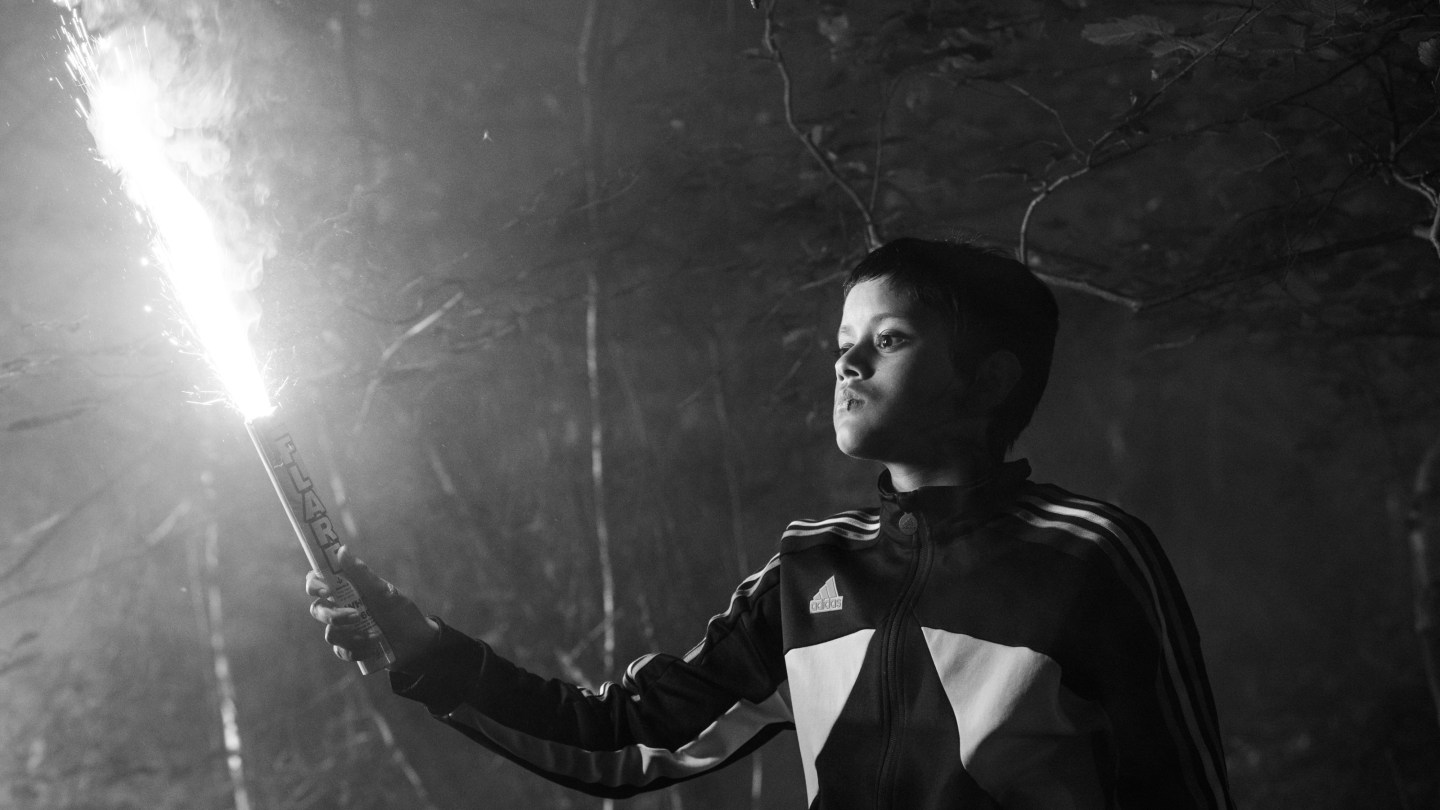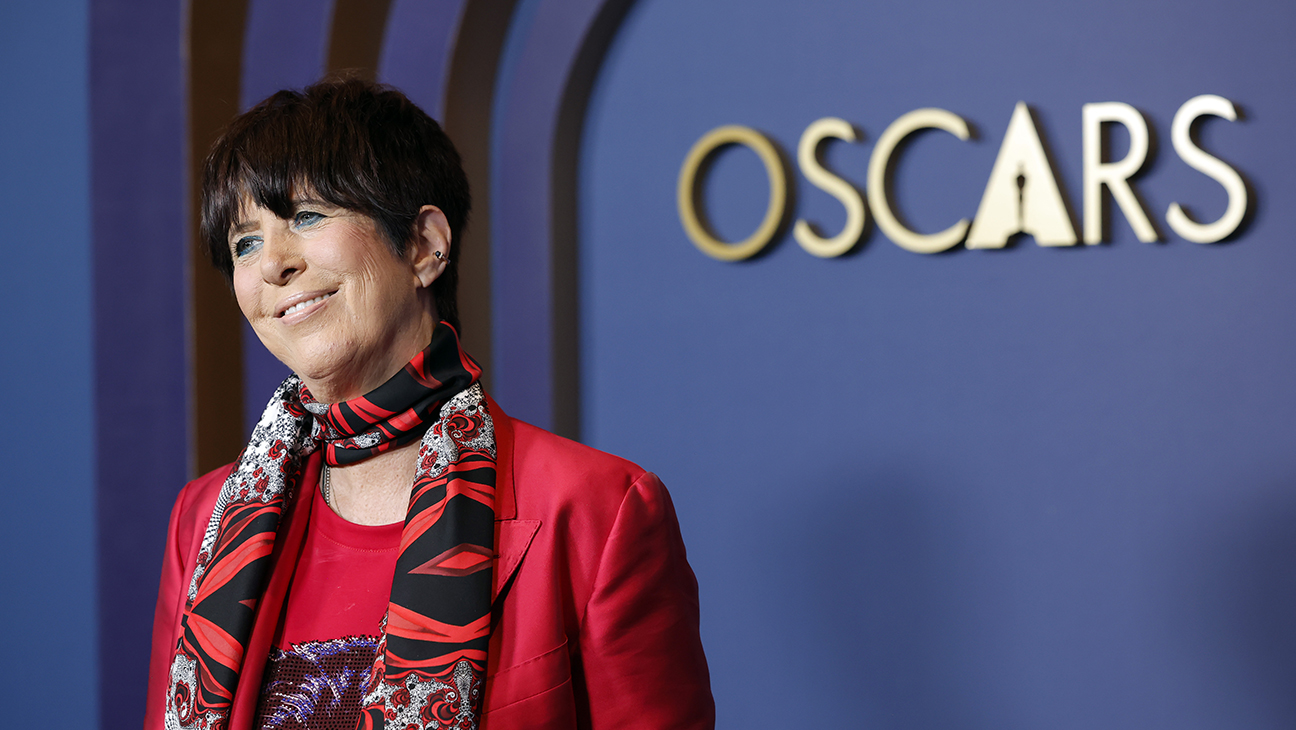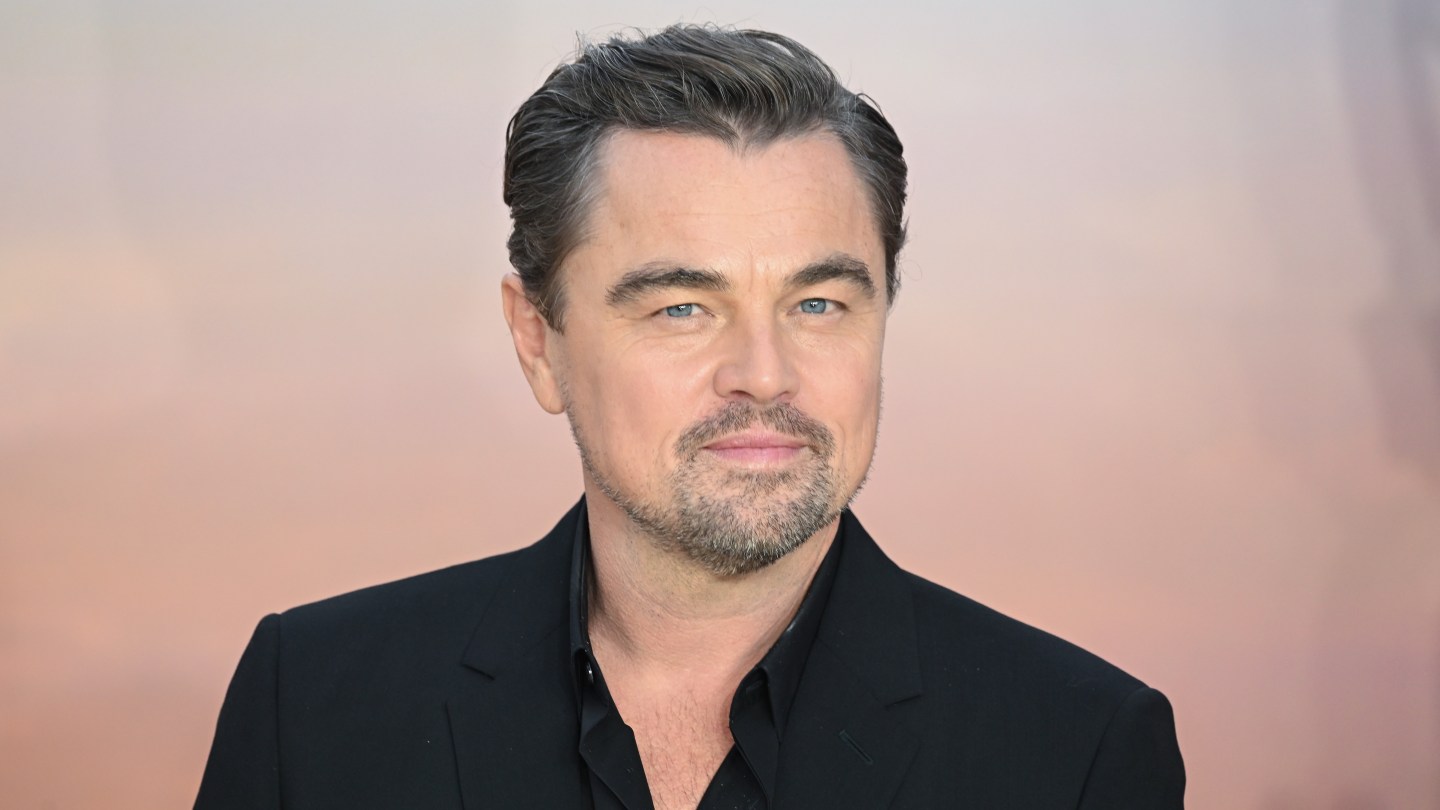A racially profiled police stop-and-search sets two best friends on a collision course in Imran Perretta’s debut feature film Ish, which he co-wrote with Enda Walsh (Die My Love, Hunger) and developed with producer Dhiraj Mahey through their company Primal Pictures with BBC Film.
The film, which won the audience award at the Venice Critics’ Week, stars Farhan Hasnat, Yahya Kitana and Sudha Bhuchar and tells the story of Ish and Maram, two barely teenagers who “endure police harassment and its seismic repercussions,” according to a note on the website for the 69th edition of the BFI London Film Festival (LFF) where it will be screening on Wednesday. “Naturalistic performances, an atypical score (also composed by multi-disciplinary artist Perretta) and lyrical, monochrome images make this a standout British film, which stands up for characters who are too often marginalized — both onscreen and off.”
Writer-director Perretta, producer Mahey and co-writer Walsh shared insights and a look behind the scenes in a Tuesday LFF Industry Days session, moderated by former BAFTA head of programs Mariayah Kaderbhai and organized in association with The Hollywood Reporter. The session was entitled “Anatomy of a Debut: Ish.”
Asked about the genesis of the coming-of-age film, Perretta said it allowed him to “plumb the depths of my youth and teenage experience.” He recalled an experience that had a huge impact on his life. “Baked into this idea of the coming-of-age narrative is this idea of the loss of innocence,” he said. “And for me, if I was being honest with myself, the moment that I grew up at a time when I didn’t want to was the first time I was dragged into a van by the police. And that happened when I was 13. It was definitely the moment that I sort of became an adult.”
It took him years to realize this, the filmmaker concluded. “It’s about heartbreak and loss with a political meta-narrative,” he said. “It’s [about] self-determining who you are in the world.”
The film is based on Perretta’s experience, but it became a true creative collaboration, all three panelists highlighted. “The soul of the piece was really, really beautiful,” Walsh shared when asked about the point he came on board. “It was about 1,000 pages. It was bloody long. There were all those classic things that I do myself in the first draft. Sometimes you tell it too quickly, and it takes a while for you to figure it out. But it was all there. There was definitely a three-act structure, and I’m a lover of the three-act structure. It was just about the change in temperature and tension around not telling the audience something and the placement of the audience within the script.”
Mahey shared how his goal was to submit the film to screen at Berlin, Cannes or Venice. But the creative team’s work on Ish meant it missed the deadlines for the first two fests, making it all or nothing for Venice, where the movie ended up.
Mahey also shared insight into what went into working with a cast of young people who are not professional actors. “Outside of things like child protection and safeguarding and whatnot, we worked really closely with an organization called We Are Bridge, who are kind of the leaders, I suppose, in working with young actors,” he explained. “So, we had youth workers on set. We had every specialist and had chaperones.”
The two main characters are of British-Palestinian and British-South Asian descent, but that wasn’t the original plan before the casting process. Gaza being in the news was in the script “from the very beginning,” recalled Perretta. “But when we cast Yahya Kitana, who is British-Palestinian, we felt, ‘Well, this is an opportunity to be more specific, to be more sensitive.’ Absolutely, not to make more of it, but just to make sure that we’re looking after this boy in the context of this film and also to really portray things in authentic ways. What does it mean for those young boys to see those images [from Gaza] on a daily basis and to reckon with them? What it means for a young Palestinian boy to see those images and be that far away from family and so on. We felt that we had a responsibility to re-engineer [his] character of Maram to make him fit Yahya’s cultural context more.”
The casting process took a lot of work to get the chemistry right. “We saw a lot of young boys from Luton,” near London, where the story is set, the director recalled. “It was close to 1,000.” It turned out that Hasnat and Kitana had long-running chemistry from real life as they have known each other since they were four and two years old, respectively. “So, they basically were real-life best mates,” concluded Perretta. “What a gift!”





